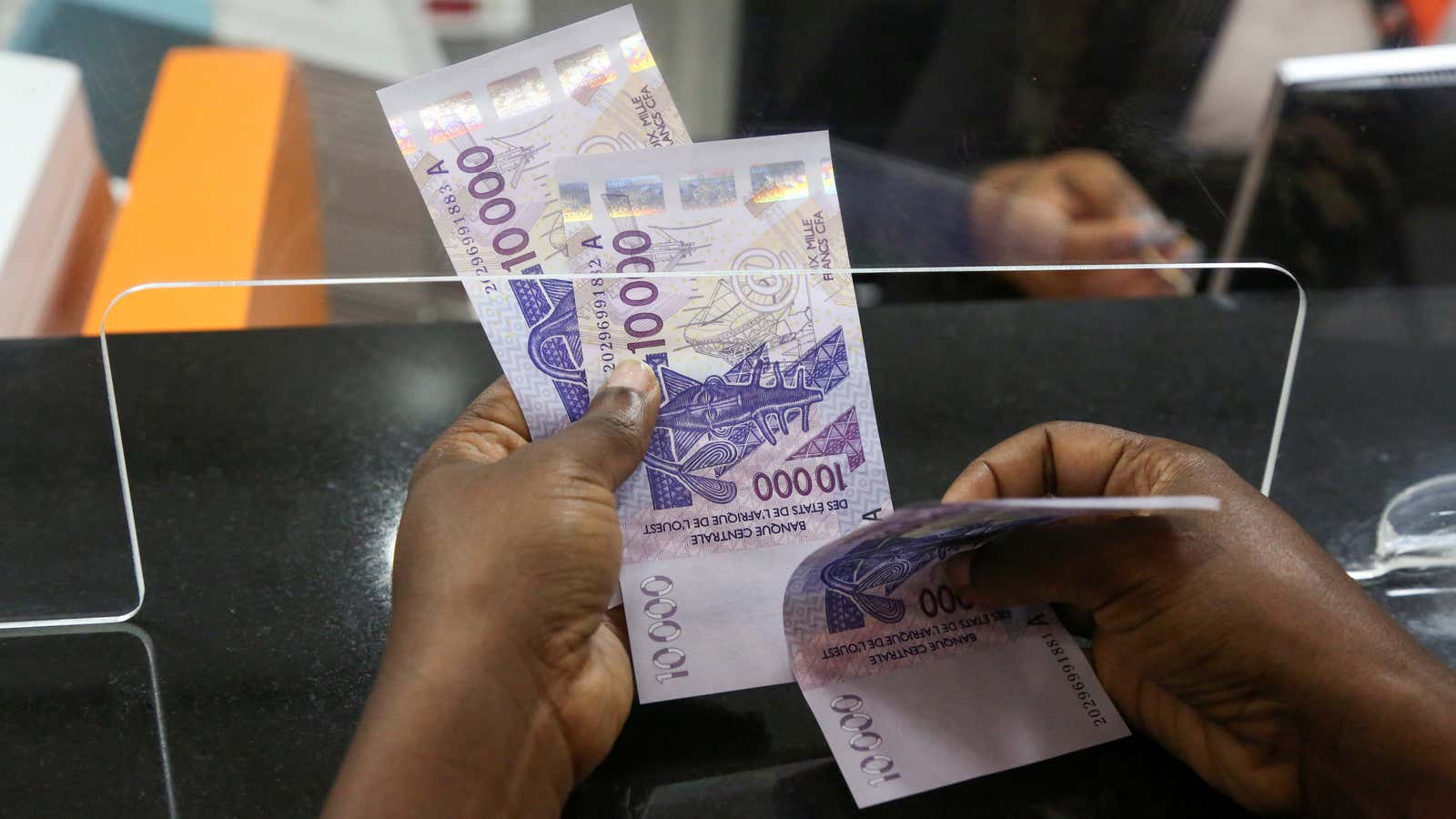Hi Quartz Africa readers!
Nigeria, Kenya, and South Africa have dominated African tech funding for years—but what’s the state of innovation in the 21 French-speaking countries on the continent? That question was answered in a way when Wave, a mobile-money company in Senegal, announced this week that it has raised $200 million in a Series A round.
Investors valued Wave at $1.7 billion, making it the first billion-dollar startup in Francophone Africa. Wave joins Flutterwave and OPay as the continent’s 2021 unicorns. It is arguably the fastest of the three to reach the mark, given it has only been fully operational for about two years.
Wave’s rapid rise is not a startup story that an average aspiring African founder can replicate. The company was founded by Drew Durbin and Lincoln Quirk, two Americans behind Africa-focused app-based remittance firm Sendwave. They began working on Wave in 2018 as a side project, turning to it after selling Sendwave to WorldRemit in 2020 for $500 million. As such, Wave was incubated within the already mature structure that existed within Sendwave. (Cue the Jumia-like sidebars as to whether it is really an African company, or a US one.)
Wave’s loud support from Silicon Valley investors like Sequoia Heritage, Founders Fund, Stripe, and Ribbit Capital suggests Francophone Africa is not a market to underestimate. As Tidjane Dème of Partech Africa says, the region “offers some large, quite well-integrated markets, and great founders will seize these opportunities.” Nigeria, Kenya, and South Africa, watch out.—Alexander Onukwue, west Africa correspondent
Stories this week
Ivorians dislike banks, which is good for innovation. A majority of Ivorians don’t trust their local banks, after years of sluggish service, broken ATMs, and difficulties getting bank cards and loans. That’s left a massive opening for mobile money, writes Kinglsey Kobo, with banks struggling to catch up.
Africa’s rush to the bottom for Chinese investment. China is playing a significant role in large-scale infrastructure projects in Africa through the Belt and Road Initiative. But Kang-Chun Cheng explores whether African countries are compromising environmental management in order to attract Chinese FDI, and what role Chinese businesses can play.
The UAE’s curious deportation of Africans. Police recently raided buildings in Abu Dhabi and took away hundreds of African migrant workers. After being subject to abusive prison conditions, the workers were deported mostly empty-handed, Alexander Onukwue reports, calling into question the UAE’s supposed openness to Africa.
The coronavirus pandemic sets back the fight against diseases… Carlos Mureithi reports that in many countries, Covid-19 has overpowered health systems and diverted resources from fighting HIV, tuberculosis, and malaria.
…and pings regional travelers. Flying between west African cities was always much more expensive than flying to the most popular destinations out of the continent. But Dounard Bondo describes how Covid-19 testing requirements have exacerbated this quirk, with some travelers paying as much for tests on a round-trip flight from Accra to Lagos as for the ticket itself.

Charting Nigeria’s love of bitcoin
Despite a ban on crypto transactions in the country, the value of bitcoin traded in Nigeria on LocalBitcoins and Paxful—two platforms that match crypto sellers with buyers—grew from $32 million in January and February this year to more than $44 million in August. Most of that has been on Paxful, which has 1.5 million users in Nigeria out of its global base of 7 million users.
Paxful CEO Ray Youssef would like Nigeria’s central bank to rethink its stance on the bank ban by crafting regulation for the sector, even as it pilots its own digital currency. He spoke to Quartz about the growth he anticipates for crypto in the country, and what’s driving young people to buy in.
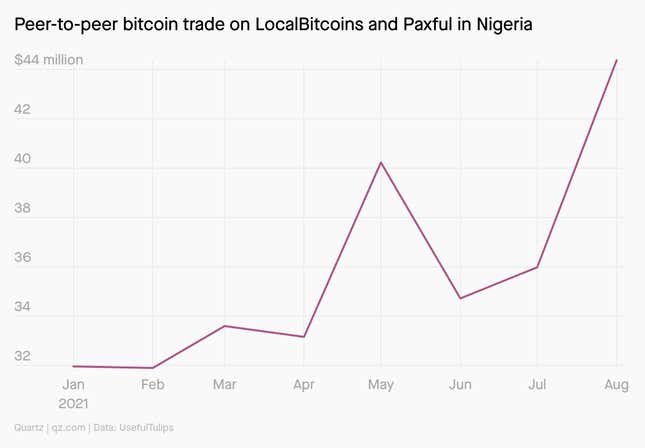
Dealmaker
MNT-Halan, an Egyptian fintech for lending and payments, received a $120 million investment from a mix of private equity and venture capital investors, including Apis Growth Fund II, Development Partners International (DPI), Middle East Venture Partners, Endeavor Catalyst, and DisruptTech. The company says it has disbursed more than $1.7 billion in loans since its founding in 2018.
Autochek, the Nigerian marketplace for vehicle sales, acquired the Kenya and Uganda divisions of Cheki, an 11 year-old online classifieds business. The amount was not disclosed. The deal helps Autochek establish a presence in east Africa, after acquiring Cheki’s Nigeria and Ghana businesses last year.
Prospa, an online bank for Nigerian small businesses, raised $3.8 million in pre-seed funding. Investors in the round include Global Founders Capital, and Liquid 2 Ventures; Immad Akhund, and Karim Atiyeh—who are founders of fintech companies Mercury, and Ramp respectively; and executives from Teachable, Square, Facebook, and Nubank. Prospa was part of Y Combinator’s winter cohort this year.
Film of interest
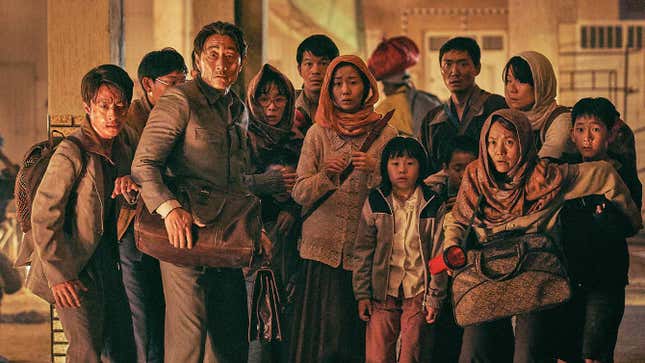
Escape from Mogadishu, a new South Korean film set during the Somalia civil war in 1991, is the highest-grossing film in the Asian country so far this year. As Carlos Mureithi writes, the film tells the story of how North Koreans and South Koreans unexpectedly came together in adversity for a common cause.
With $26.9 million in ticket sales, Escape from Mogadishu has raked in more than the American productions Black Widow and Fast & Furious 9, according to the Korean film council, despite being released after them and being shown on fewer screens.
Quartz gems
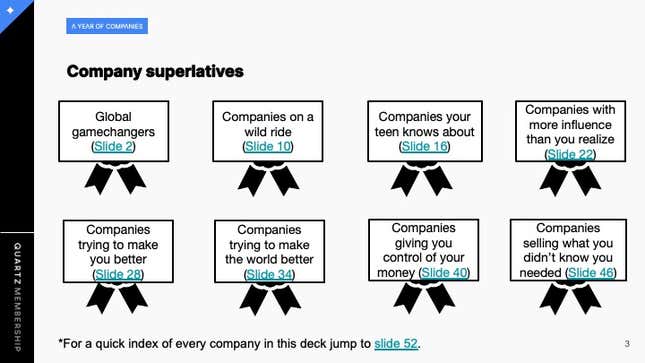
This month marks the one-year anniversary of The Company—a weekly email on businesses we can’t stop thinking about—so we went ahead and highlighted 40 of our favorites. Some of these are top of mind because they recently went public (Coursera, Casper, Coinbase), while some are having a great year (AstraZeneca, Twitch), and others are, well, figuring things out (WeWork, Boeing, AMC).
✦ Quartz members receive The Company directly in their inbox. Make sure to get this week’s—and access to our top 40—by signing up today. Take 40% off with the code QZEMAIL40.
The lingering effects of a Covid-denying leader
~0.5% of Tanzania’s population has received a Covid-19 vaccine
Tanzania’s late president John Magufuli famously downplayed the threat of the virus, promoting herbal remedies and prayer as treatment. In February 2021, a month before his death (rumored, though not confirmed, to have been caused by Covid), Magufuli said his government had no plans to purchase vaccines.
President Samia Hassan is battling against her predecessor’s stance, but the U-turn in Covid-19 policy could be a little too late to convince citizens to get the vaccine, as misinformation begun in the days of the former administration has spread like its own virus.
Other things we liked
Influencers for hire. A new report by the Mozilla Foundation explores how Twitter influencers in Kenya are hired to sway public opinion during elections and protests. For Rest of World, Vittoria Elliott writes that this is part of a burgeoning “disinformation-for-hire” industry around the world in which people are paid to spread propaganda and intimidate opponents on social media.
Dive (deep) into Wave. If you want to know why Silicon Valley is betting on Wave to battle Orange and other mobile money incumbents in Francophone Africa, Everett Randle of Founders Fund has a detailed from-the-investor dive into the weeds.
Uniting to save a baby elephant. Orphaned elephants find it hard to live through separation from their families, but Nania managed to do so in Burkina Faso, with the help of genuinely heroic caretakers (and her best friend, a black-and-white sheep called Whisty). In the New York Times, Elizabeth Preston describes how her keepers are hoping DNA analysis might help them reunite the baby elephant with her family.
Keep an eye on
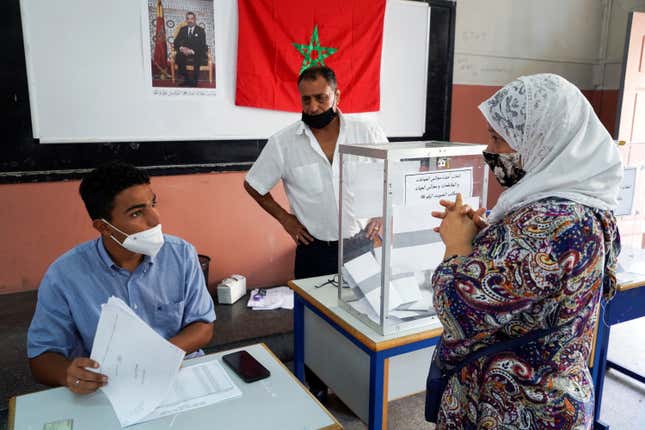
A shift in Morocco. Following protests in 2011 and 2012 to demand political reform, the country introduced a new constitution. But not much has changed since. In last week’s elections, voters turned away from the hardline Islamist PJD party towards the liberal RNI in the hopes of change.
Guinea under pressure. Last week, an army unit led by Colonel Mamady Doumbouya took over power in the country, and began releasing political detainees who were imprisoned by president Alpha Condé. Fearing that Guinea, which has become a major mining powerhouse, will go back to military rule, leaders from the Economic Community of West African States (ECOWAS) have suspended Guinea’s membership and called for Condé’s release.
🎵 This brief was produced while listening to “An epic story” by Mulatu Astatke & The Heliocentrics (Ethiopia and the UK)
Our best wishes for a productive and ideas-filled week ahead. Please send any news, comments, suggestions, ideas, videos of baby elephants and sheep besties, and unicorn dust to [email protected]. You can follow us on Twitter at @qzafrica for updates throughout the day.
If you received this email from a friend or colleague, you can sign up here to receive the Quartz Africa Weekly Brief in your inbox every week. You can also follow Quartz Africa on Facebook.
